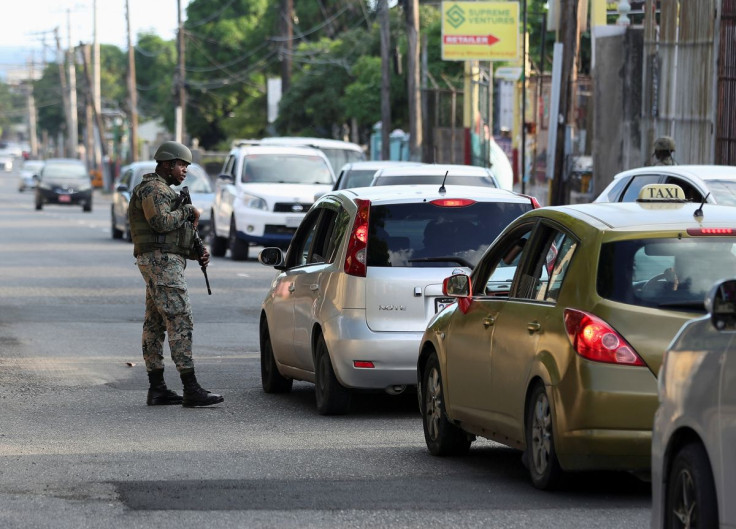A widespread state of emergency was declared by Jamaica’s Prime Minister Andrew Holness on Tuesday. It is to fight a rise in gang violence on the island with one of the highest murder rates in the region.
This applies to some of the communities in the capital of Kingston as well as six of Jamaica’s 14 parishes. It includes those where popular tourist spots like Montego Bay are located, reported Associated Press.
The reality is that a State Of Public Emergency is an important tool that the Executive arm of Government can utilise for an intended purpose.
— Andrew Holness (@AndrewHolnessJM) December 7, 2022
It is not the intention of the Government to abuse these powers. We are using these powers to SAVE LIVES. #SOESSaveLives pic.twitter.com/Yfm3rTezN8
According to The Washington Post, the state of emergency allows authorities to take people to police custody and search buildings without a warrant. This has drawn heavy criticism from political opponents and activists. They have warned against a repeat of the mass detentions and police abuse that happened under previous states of emergency. Recently, similar measures were imposed in El Salvador and Honduras, reported CTV News.
As Jamaica moves boldly to overcome criminally organized violence, it is important to inform& engage our international partners. Today, I made a presentation to the Congressional/Parliamentary Intelligence Security Forum in Washington D.C,convened by Congressman @RobertPittenger. pic.twitter.com/S097ahvlRv
— Andrew Holness (@AndrewHolnessJM) December 7, 2022
Holness said that his priority is to save lives, and that is "all the government is trying to do." He shared that Jamaicans “have to hide under their beds, hide their daughters, can’t go to church, and they see their sons and their boyfriends and husbands killed."
As many as 1,421 killings on the island were so far reported this year. A spokesman with Jamaica’s Constabulary Force said that the figure outpaced the 1,375 killings in the same period last year.
Holness said that they have some really "serious criminal threats" facing them, and they have to "use all the powers at our disposal." A majority of killings in Jamaica is blamed on gangs known as “posses.” They have been linked to major political parties. They rely on extortion, drug trafficking and lottery scams to finance their activities.
Jamaica has implemented several states of emergency in recent years in response to that. They have been scrutinized by human rights activists. The nation’s Supreme Court has ruled several times that detaining Jamaicans for months without a trial, is unconstitutional.
According to Jermaine Young, an expert on emergency powers and former professor at Howard University, said that states of emergency deliver only marginal results and have consequences that are worrying. Young wrote in an essay this month that Jamaica has a "sordid reputation for abusing emergency powers." The expert notes that cops and military “have engaged in practices that include arbitrary and unlawful mass extended detentions, extrajudicial killings and internal renditions.”

© 2025 Latin Times. All rights reserved. Do not reproduce without permission.





